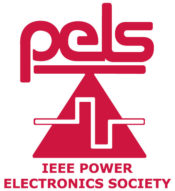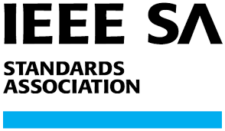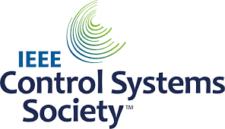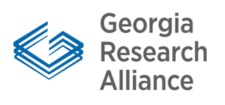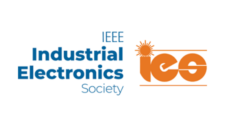Energy access is a global challenge.
There are 3 billion people in the world living in energy poverty and over 1 billion people without any access to electricity. So far, only 1.8 million people have gained tier 2 energy access by using off-grid electric services. To address energy poverty, more of the same may not be the answer. New strategies are needed to scale energy access solutions 1000x.
Empower a Billion Lives (EBL) is a Global Competition and Community. EBL 2025 is now open for Teams to Register for the Competition. Please register below and find our EBL 2025 Guidelines on the Resources page.
The EBL Global Final was held in Johannesburg, South Africa on December 5, 2025.
The Winners Are:
The $150k Grand Prize was awarded to Team Emergi of Liberia.
Emergi is a decentralized, solar-powered e-mobility platform designed to electrify last-mile transport in West Africa while creating dignified, income-generating opportunities for women.
Six $50k Track Prizes were awarded for the following categories:
Automation Track Winner: Oversight from Sri Lanka
Energy Supply Track Winner: Peco Power from South Africa
End-Use of Energy Track Winner: SheTOSS from Senegal
Local Entrepreneurship Track Winner: Munkayalo Agrotech from Uganda
Energy Resilience Track Winner: Atutu from Myanmar
Enabling Concept Track Winner: Seed Center from Germany
The Student and Academic Team winners were awarded $30k each:
Student Team Winner: Ensource from China
Academic Team Winner: Lahore University from Pakistan
Five $5k Honorable Mentions were awarded:
EmpowerAR from Argentina
Rumo from Tanzania
SOS Energie from Burkina Faso
VAAV Innovations from Nigeria
Vittoria Technology from South Africa
Energy access means opportunity

Access to electricity is critical to health care delivery and to the overarching goal of universal health coverage. The WHO defines access to essential medicines and technologies as one of the key factors in ensuring universal health coverage. Most of these essential technologies require electricity, and without electricity, many health care interventions simply cannot be provided. Despite this, a study found that only 26% of health facilities in the Sub-Saharan Africa has access to reliable electricity.
 Water is the most essential element of life; it is required for basic sustenance, health, and irrigation. Nearly one billion people do not have access to clean, safe water. The United Nations estimates that Sub-Saharan Africa alone loses 40 billion hours per year collecting water; that’s the same as a whole year’s worth of labor by France’s entire workforce! Electrical pumps are the most effective method to alleviate this crisis and provide clean and safe water for all.
Water is the most essential element of life; it is required for basic sustenance, health, and irrigation. Nearly one billion people do not have access to clean, safe water. The United Nations estimates that Sub-Saharan Africa alone loses 40 billion hours per year collecting water; that’s the same as a whole year’s worth of labor by France’s entire workforce! Electrical pumps are the most effective method to alleviate this crisis and provide clean and safe water for all.

Education is widely recognized as one of the most essential components for poverty reduction. According to UNDESA, about 90% of children in Sub-Saharan Africa go to primary schools that lack electricity, while 27% of village schools in India lack electricity access, thus not being able to operate electric lights, refrigerators, fans, computers, and printers. Electrified schools outperform non-electrified schools on key educational indicators, have better staff retention, and can in some cases enable broader social and economic development of communities.

For more than a billion people worldwide, kerosene lamps are the primary lighting source, which is expensive, unsafe and carcinogenic. The World Bank estimates that breathing kerosene fumes is the equivalent of smoking two packs of cigarettes a day, and 66% of adult females with lung cancer in developing nations are nonsmokers.

Electricity is a key component of economic empowerment. Electricity can increase household per capita income by 39 percent. Businesses operate at higher levels of productivity, farmers can run cleaner irrigation systems and processing machines that improve their yields and thus, their income.
Blog/News
Join the competition
If you intend to compete in Empower a Billion Lives 2025 please register your team for direct updates on the guidelines and resources for the competition. The full proposal deadline for EBL 2025 is March 31, 2025.
Please register your team well before any deadlines as the team listing provides for direct communication with Team Leaders for updates and guidance.
Stay up to date
Sign up for our newsletter to receive competition news and updates.


